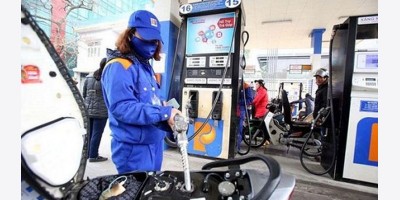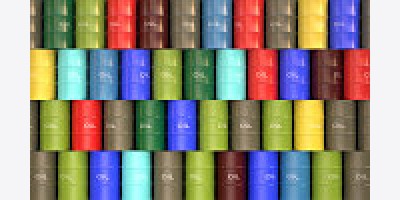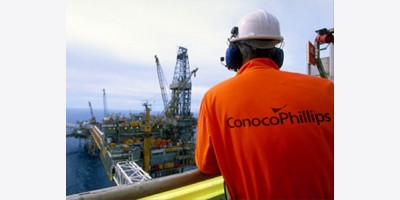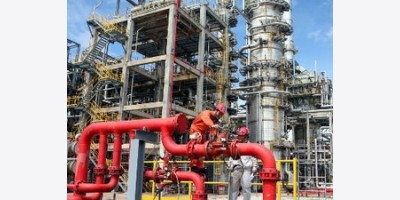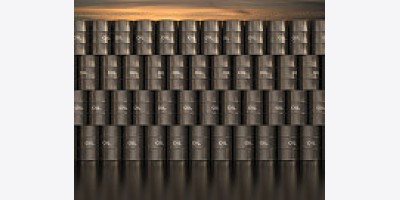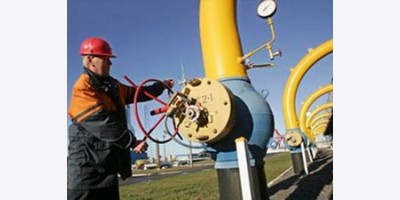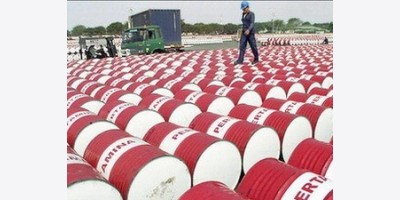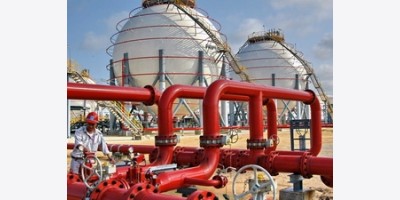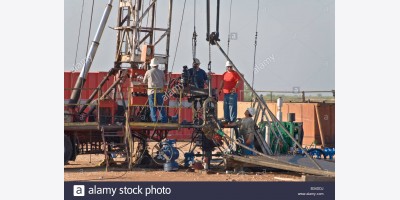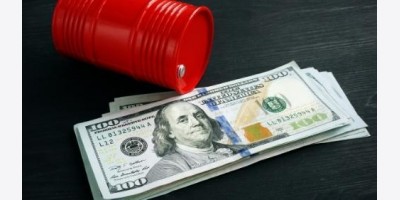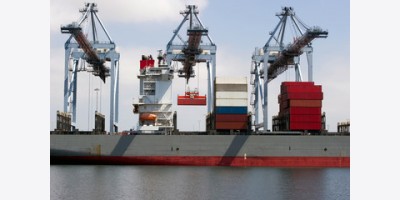The federal government cracked down on crude by rail Tuesday with an emergency order that requires testing of all crude oil from the Bakken Shale. Also, crude oil can no longer be transported in the lowest grade of oil tanker car. The order goes into effect immediately.
“Today we are raising the bar for shipping crude oil on behalf of the families and communities along rail lines nationwide—if you intend to move crude oil by rail, then you must test and classify the material appropriately,” Anthony Foxx, secretary of the U.S. Department of Transportation. “And when you do ship it, you must follow the requirements for the two strongest safety packing groups. From emergency orders to voluntary agreements, we are using every tool at our disposal to ensure the safe transportation of crude oil.”
The new restrictions are intended to prevent the misclassification of oil, which leads to it being shipped in the wrong type of tanker car. The federal government calls the initiative Operation Classification, or the “Bakken Blitz.”
This is in reaction to several high-profile derailments and explosions involving crude oil from the Bakken Shale in North Dakota, including a Burlington Northern Santa Fe oil train that blew up in Cassetlton, N.D. in December.
Fort Worth-based BNSF, a Berkshire Hathaway company, is one of the biggest players in hauling Bakken crude. Matthew Rose, CEO of BNSF and possible successor to investing guru Warren Buffett at Berkshire Hathaway, said the company will be hauling 1 million barrels of crude oil per day by year’s end.
The amount of oil being hauled by rail has skyrocketed in recent years as the shale boom has brought oil drilling to places that lack pipeline infrastructure.
A U.S. senator from North Dakota has been pushing the federal government to update its rail car standards since the accident.
There are also questions of whether impurities in the crude oil, either naturally occurring or from the hydraulic fracking process, can corrode the interior of rail cars or make it more explosive in an accident.
Source: American Bussiness Journal Dallas




